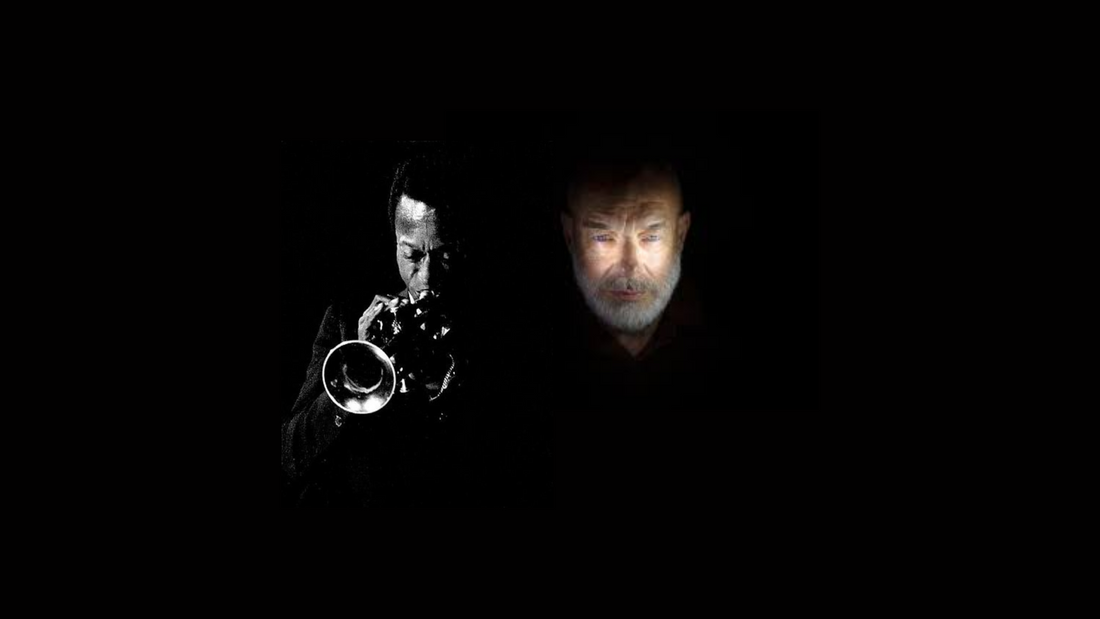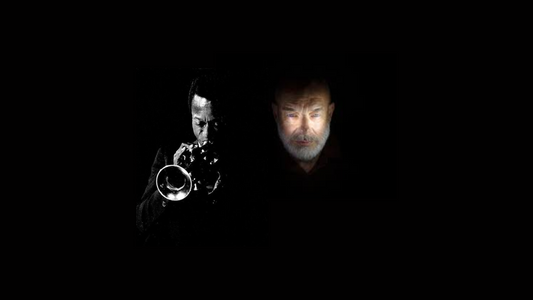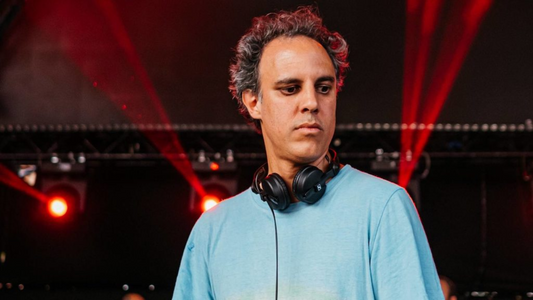
The Ones Who Listened Differently
By Rafi Mercer
Every movement begins with a refusal.
To go slower when the world insists on speed.
To listen more deeply when others consume more quickly.
To treat silence as value when everyone else treats noise as currency.
The culture of listening bars, and the slow revival of vinyl, are not about nostalgia but about values: about how we choose to spend attention, how we decide to hear the world.
If Tracks & Tales has an ethic, it is this: listening is a radical act. And like every radical act, it has always belonged to those who saw things differently. Jazz had them. Recording culture had them. Even retail, in its own way, had them. The ones who refused convention, who risked everything to hear and be heard.
Seventeen names come to mind — not all musicians, not all famous, but all obsessed. They remind us what it means to listen with devotion.
There was Thelonious Monk, whose pauses mattered more than his notes. He taught us that silence is not absence but rhythm.
There was John Coltrane, who played as if sound itself were prayer, showing that listening could be transcendence.
There was Miles Davis, who turned his back on audiences, not from arrogance but to remind them that music wasn’t spectacle but presence.
There was Sun Ra, who claimed he was from Saturn, proving that to listen differently is to imagine differently.
There was Charles Mingus, furious and tender, who demanded that music carry truth, even when it hurt.
There was Alice Coltrane, who blended harp, piano, and Eastern philosophy, teaching that listening could open not only the ear but the spirit.
There was Bill Evans, whose voicings created space where silence breathed inside the chord.
There was Herbie Hancock, who crossed genres without apology, reminding us that listening means refusing boundaries.
There was Nina Simone, whose voice carried defiance, showing that listening is political as well as personal.
There was Donny Hathaway, whose live recordings taught us that atmosphere — the room, the audience, the air — matters as much as the notes.
There was J Dilla, hunched over an MPC, who proved that imperfection — a beat slightly off-grid — could feel more human than digital precision.
There was Brian Eno, who declared that ambient music must be as ignorable as it is interesting, redefining how sound inhabits space.
There was David Mancuso, whose Loft parties in New York turned vinyl into ritual, laying the blueprint for listening communities long before bars caught up.
There was Maryanne Amacher, the avant-garde composer who made your ears ring with phantom tones, teaching that listening is physical, embodied.
There was Glenn Gould, who left the stage to live in the studio, proving that intimacy could be created without spectacle.
There was George Martin, who showed that fidelity is architecture, turning the studio into an instrument.
And there was the unnamed kissa master in Tokyo, lowering a stylus in a dark room, reminding us that listening is not performance but devotion.
Seventeen figures. Seventeen refusals. Seventeen reminders that listening differently has always been an act of courage, imagination, or obsession.
From them, our values emerge.
That silence is luxury.
That listening is presence.
That sound has weight.
That music is architecture, not ornament.
That ritual matters.
That the room is part of the record.
That the future belongs not only to speed but to pause.
When you sit in a listening bar, you join that lineage.
You are not just hearing a record; you are participating in a tradition of defiance, of devotion.
You are echoing Monk’s silence, Coltrane’s prayer, Davis’s turned back, Mingus’s rage, Simone’s defiance, Hathaway’s atmosphere, Mancuso’s ritual.
You are, in some small way, joining the ones who listened differently.
And that is why Tracks & Tales exists. Not to sell nostalgia, not to chase trend, but to give space to a way of life that refuses noise, that insists on depth, that chooses to hear.
Maps, guides, essays, reviews — they are all part of the same ethic.
They are reminders that listening is not background but foreground, not consumption but culture. They are an invitation to slow down, to hear the room, to join a lineage that has always belonged to the radicals.
The ones who listened differently changed music. They also changed how we live.
The task now is simple: keep listening their way.
Rafi Mercer writes about the spaces where music matters. For more stories from Tracks & Tales, subscribe, or click here to read more.







